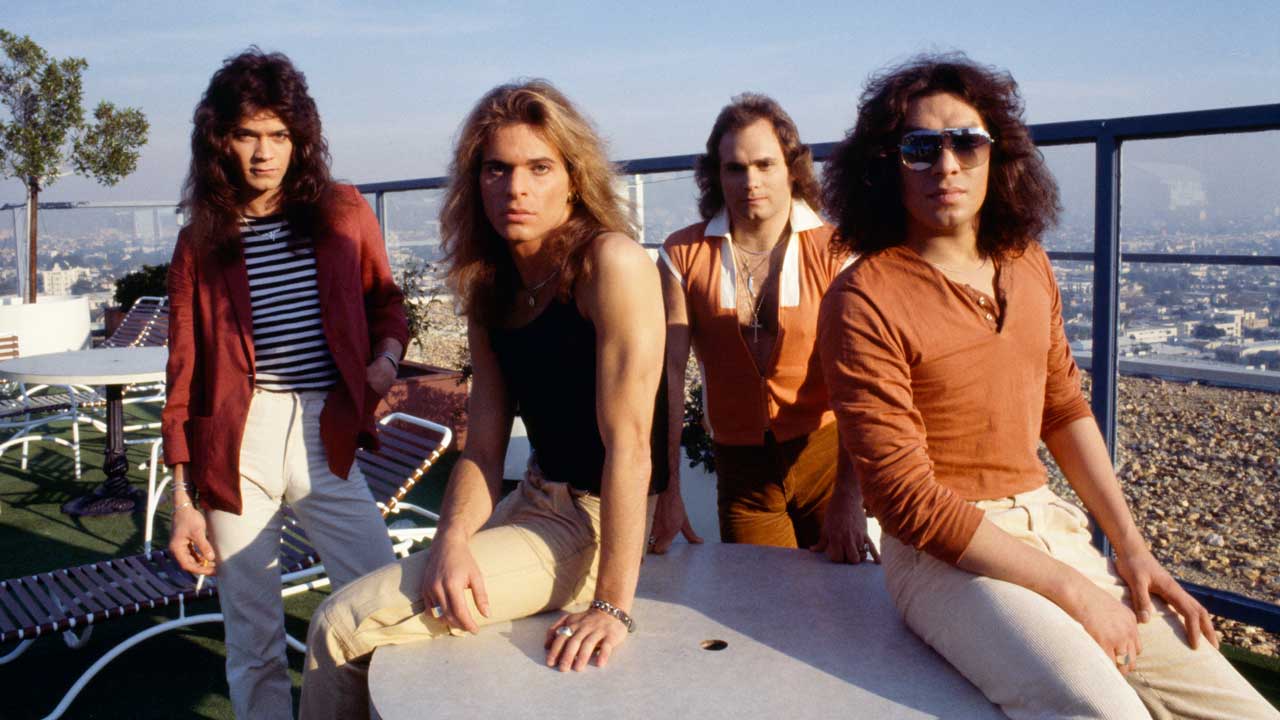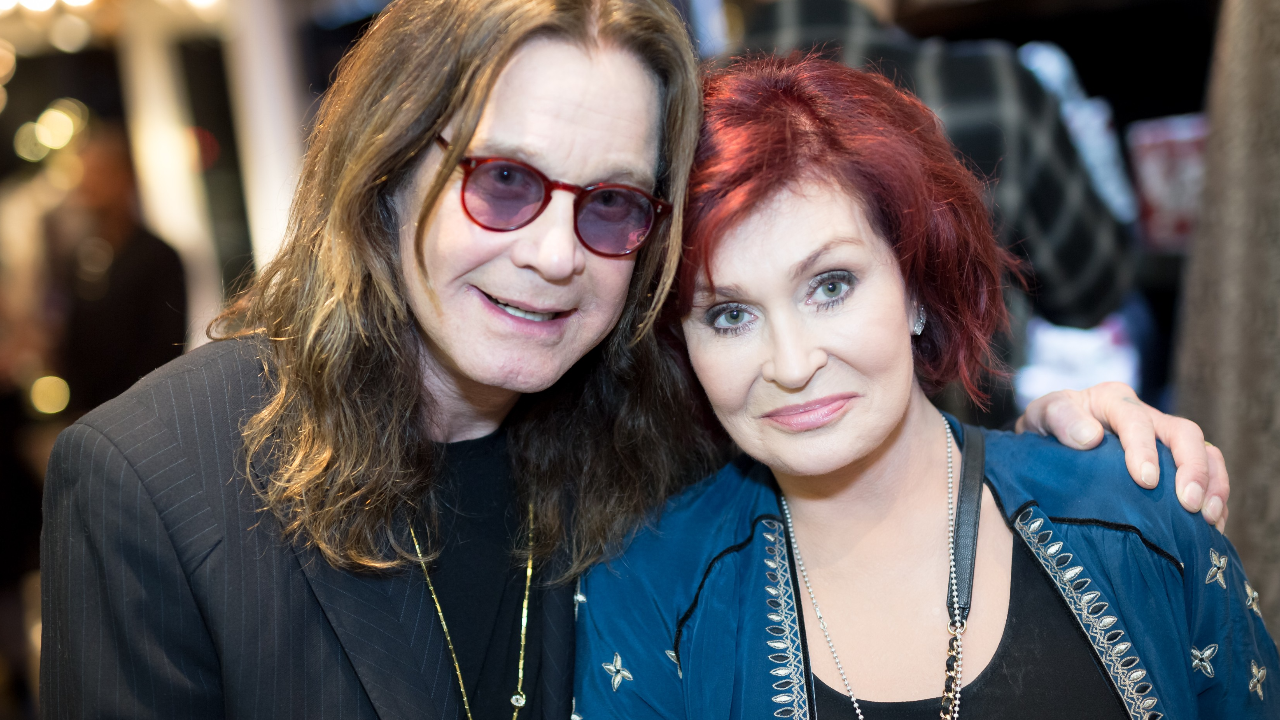"We went platinum and Warner Brothers told us we owed them two million dollars": How Van Halen followed one of rock's greatest-ever debuts
For their second album, Van Halen created an infectious sound that was perfect for the new decade, and a look that MTV couldn’t get enough of

If there was one 70s rock band that seemed machine-tooled for the dawning new decade, it was Van Halen. Frontman David Lee Roth knew it back in 1978, with the debut album Van Halen going platinum.
“There are a lot of great old songs we used to do that translate well into the 1980s sound,” he told Sounds. “This is the eighties, and this is the new sound. It’s not the sixties, and it’s not a reflection of the seventies any more. It’s hyper, it’s energy, it’s urgent. Our music is exuberant and strenuous to play, so we’re really in shape.”
Van Halen had earned that form from relentless gigging across their first decade. No California keg party, prom or dive bar was off-limits. They paid their dues in the clubs on Sunset Strip with a work ethic Reagan would have admired. Their music was infectious – heavy but with catchy, crowd-pleasing choruses – and as musicians they had new-era chops to die for.
Eddie Van Halen was the most exciting, unpredictable rock guitarist since Jimi Hendrix. Brother Alex had that rarest of things, an identifiable drum sound, and as Mike Anthony’s bass held down the low end nicely his angelic high voice locked in with Eddie’s trademark harmonies, rounding off the band’s distinctive, next-generation sound.
As for Diamond Dave – a scissor-kicking force of nature in leather chaps, spandex and designer-knackered string vests – his song-and-dance man charisma flowed from the stage and speakers as if willing MTV into being.
“We went platinum, we toured for a year, came back, and Warner Brothers told us that we owed them two million dollars,” Alex Van Halen recalled. Under the terms of their two-albums-per-year contract, they also owed the label the follow-up record.
On December 10, 1978, after some furious wood-shedding in Roth’s basement, they returned to the studio with producer Ted Templeman and knocked out Van Halen II in a matter of weeks.
Sign up below to get the latest from Classic Rock, plus exclusive special offers, direct to your inbox!
The band were road-hardened, with plenty of energy and material still in the tank. They dusted off some of those great old songs, like Outta Love Again and hoary encore boogie number Bottoms Up. Their crunching read of Linda Ronstadt’s No.1 You’re No Good was picked from hundreds of covers they’d accrued over those years of gigging. They also wrote new music, from the perfect Cali-pop tune Dance The Night Away to Light Up The Sky.
Although lighter and briefer than their debut, Van Halen II brimmed with their good-time vibe and technical flare, and proved that the first was no fluke.
Many critics remained sniffy, making the eternally flawed assumption that music that sounds light-hearted, fun and spontaneous is easy to pull off. But the kids got Van Halen’s ‘big rock’ big-time and joined their party in droves.
The Bee Gees’ Spirits Having Flown dominated the Billboard album chart over the entire month of the album’s release, March 1979, but Van Halen II went gold within the month, platinum the month after and peaked at No.6 in the US that May. By then Van Halen were already on their World Vacation Tour, their first headline tour, that would take up most of ’79.
In the new decade many budding rockers would copy their telegenic blend of pop and rock. Legions of guitarists would emulate Eddie, but while many sussed the mechanics, few tapped into the bluesy soul he brought with them. Countless frontmen copied Roth’s wardrobe and moves, but few possessed his swagger and showmanship.
Their major mainstream crossover moment would of course come in 1984 with the worldwide megahit Jump, and that song and its MTV-friendly performance video are what come to mind for many when they hear the name. But that ‘hyper, exuberant’ music has deep roots. Van Halen shaped the 80s, but they shaped up in the 70s.
A music journalist for over 20 years, Grant writes regularly for titles including Prog, Classic Rock and Total Guitar, and his CV also includes stints as a radio producer/presenter and podcast host. His first book, 'Big Big Train - Between The Lines', is out now through Kingmaker Publishing.


